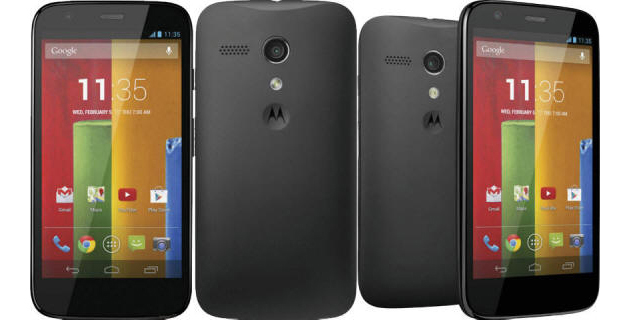

Lenovo hopes to enter the ultra competitive North American market by agreeing to terms with Google for Motorola. The entire deal is the largest in Lenovo’s history and will cost them $2.91 billion dollars. The deal with Google is the second one in the last few weeks, as the Chinese company bought IBM’s low-end server business for $2.3 billion.
Google originally bought Motorola in 2011 for a staggering 12.2 billion dollars. The main reason they did it was for the patents that had, which they will use to fight off companies trying to slam them with licensing fees. According to a Nomura analyst, Microsoft’s comprehensive Android licensing agreements with smartphone companies earned it nearly $2 billion this financial year.
When this deal goes through, Lenovo will the 3rd largest handset manufacturer in the US. One of the big proponents of the deal is Motorola’s existing agreements with retailers and carriers, that instantly gives the Chinese manufacturer a broad reach into mobile markets all over the globe. They will also keep the existing executive team that is based out of Chicago and has publicly acknowledged their confidence.
“The acquisition of such an iconic brand, innovative product portfolio and incredibly talented global team will immediately make Lenovo a strong global competitor in smartphones. We will immediately have the opportunity to become a strong global player in the fast-growing mobile space,” said Yang Yuanqing, chairman and CEO of Lenovo. “We are confident that we can bring together the best of both companies to deliver products customers will love and a strong, growing business. Lenovo has a proven track record of successfully embracing and strengthening great brands – as we did with IBM’s Think brand – and smoothly and efficiently integrating companies around-the-world. I am confident we will be successful with this process, and that our companies will not only maintain our current momentum in the market, but also build a strong foundation for the future.”
Michael Kozlowski is the editor-in-chief at Good e-Reader and has written about audiobooks and e-readers for the past fifteen years. Newspapers and websites such as the CBC, CNET, Engadget, Huffington Post and the New York Times have picked up his articles. He Lives in Vancouver, British Columbia, Canada.
